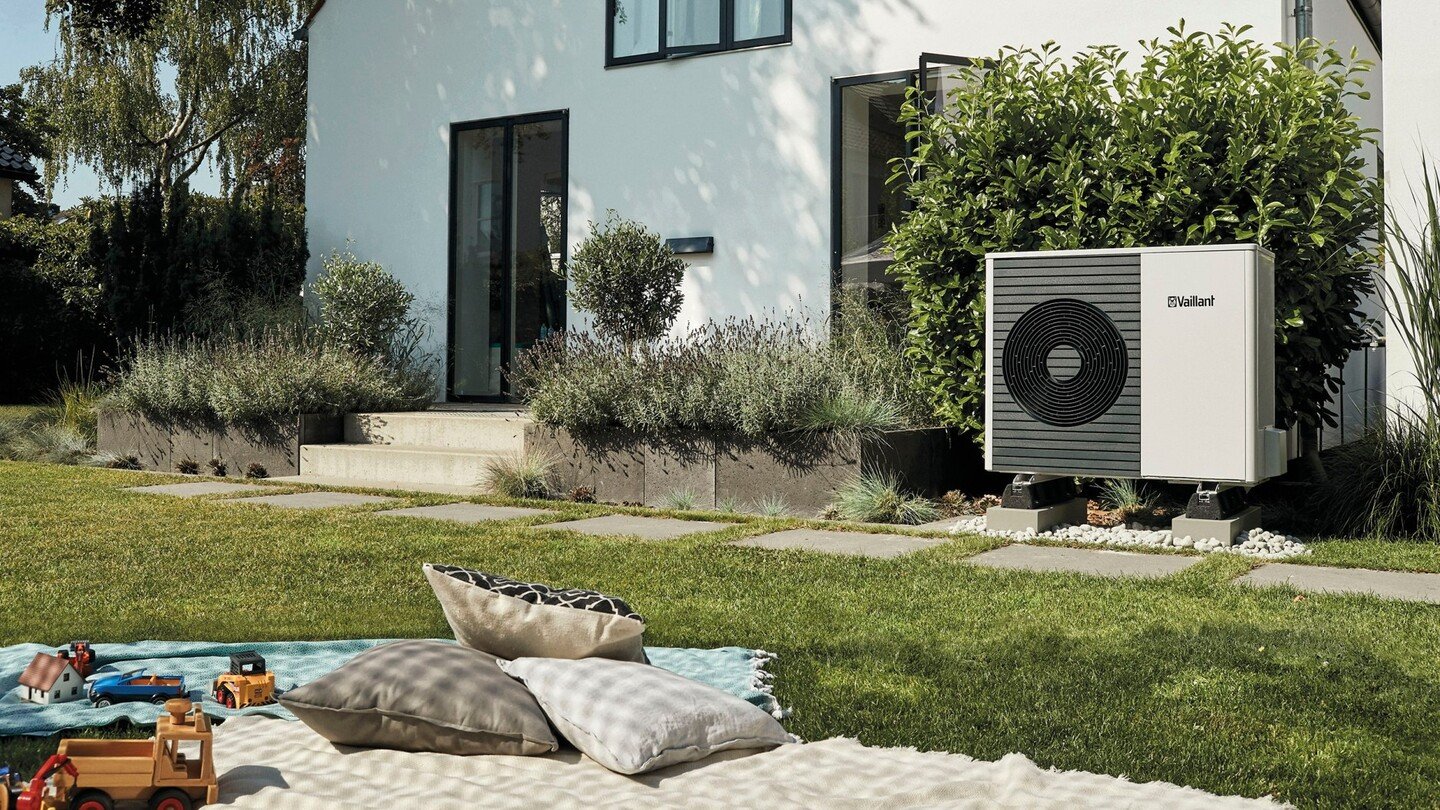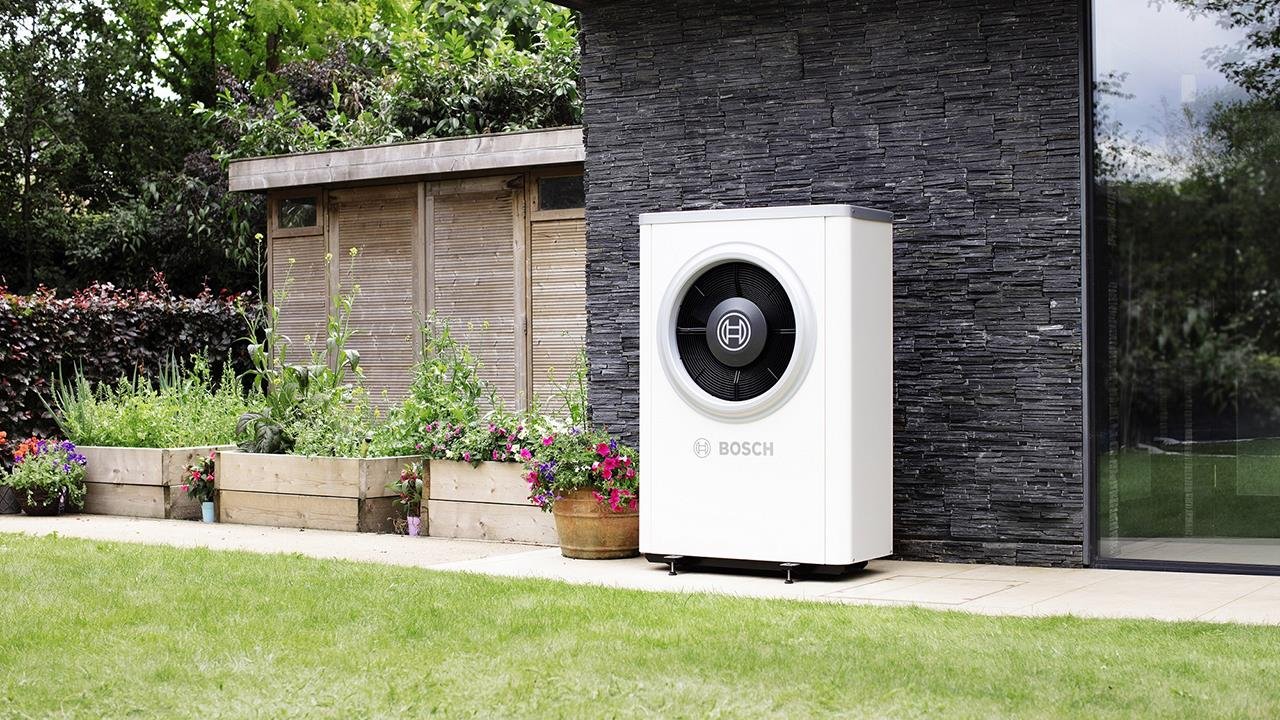
Heat Pumps - the heating of the future.
Take your first steps to a low carbon home.
Everyone’s talking about Air Source Heat Pumps
By making the switch to heat pump technology, you’ll enjoy a warm home and save money, all while reducing your carbon emissions.
The science on climate change is very clear; human activity has already led to our entire planet warming by 1’c. We need to take swift action to slow down the rate of global warming, and reduce the impact of crises like rising sea levels, crop failures and loss of biodiversity.
The Change is already beginning. The UK Government has set a target for net-zero carbon emissions by 2050. This means that over 19 million heat pumps will need to be installed.
To help us reach this goal, gas heating for new houses will be banned by 2025. More and more homes will rely on electrcity and renewable for their heating and hot water, and this mass transition to low-carbon heating must happen before 2030
It's an immense challenge. But together, we can all make the changes we need to achieve our ‘electric future’.
Advantages of Heat Pumps
-
The appliance itself burns no fossil fuels and uses only electricity. Considering around 40% of electricity generation in the UK is produced via renewables it's certainly better for the environment than gas boilers.
And with the government's legal obligation of reaching carbon neutrality by 2050, this is likely to improve further over time.
-
Typically, a heat pump requires less maintenance, servicing and repairs than a traditional gas boiler. In comparison, there are also rarely any safety concerns and since they don’t burn gas, there are fewer risks associated with their use.
-
The average heat pump has an efficacy rating of 300%, while gas boilers have an average efficiency rating of around 90%.
-
A heat pump can work in reverse meaning that it can remove heat from your home when it’s hot, much like an air conditioning unit.
Take the first step into a greener future by booking your heat pump survey today.
You’ll receive:
Heat loss calculation of your property
The size of the heat pump required
The post heat pump installation energy consumption/savings for your property
Size of heat emitters needed an/or other potential options
A detailed plan of a low temperature heating and hot water system
A Step by step guide of how to change from gas to air
Ways to improve the SAP of your property and how it will reduce your heat loss and by how much


